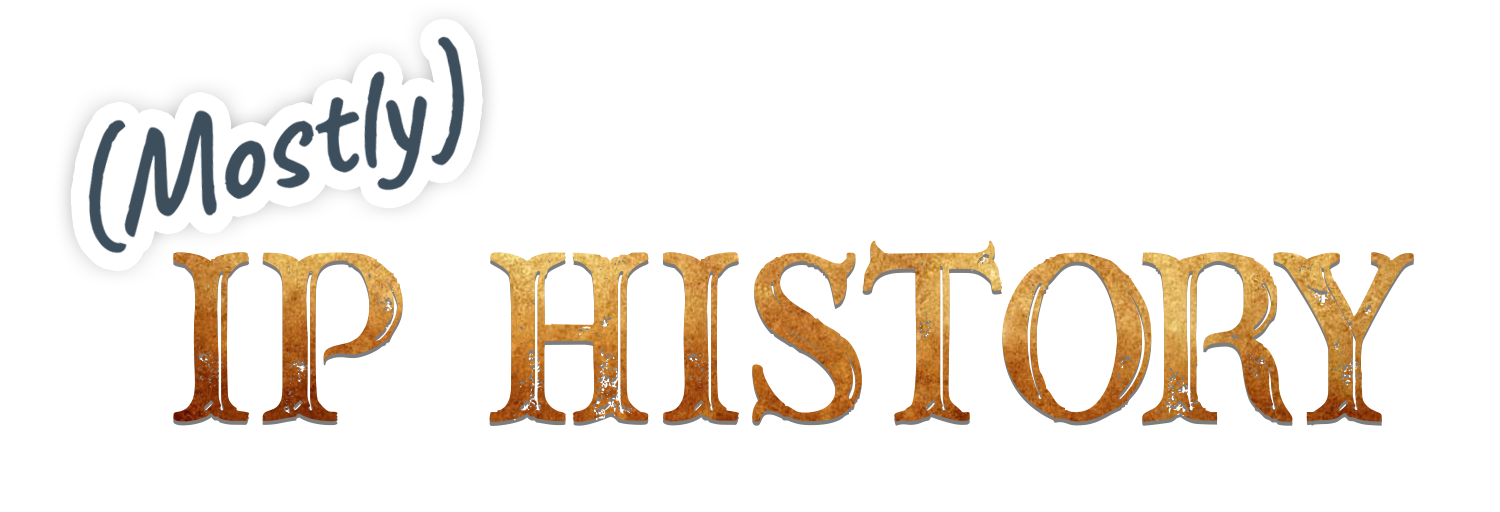Remembering the Washingtonian Case
This coming term, the Supreme Court will hear Fourth Estate Public Benefit Corp. v. Wall-Street.com, regarding whether a party has standing to sue upon application for copyright, or whether a party must wait for the Copyright Office to register (or reject) their application. The Supreme Court only occasionally wades into this realm of technical copyright registration issues, and one of the last times the Supreme Court did so in earnest was in the 1939 case of Washingtonian Publishing Co. v. Pearson et al, where a divided court held that a 13 month delay between publication and registration did not invalidate the copyright in the work. Although the issue is not the same in Fourth Estate, the issues are sufficiently adjacent (and issues of this ilk come before the Court so rarely), it’s unsurprising that Washingtonian v. Pearson is among the most-cited cases in Petitioner’s brief that was filed last month.
While serving as Abraham L. Kaminstein Scholar in Residence at the Copyright Office two years ago, I noticed that the Office has a bound volume of documents from the Washingtonian case, and that the transcript of record from the case available on microfilm and online from Gale includes fewer documents. I’ve uploaded what I’m calling a “complete” casefile for Washingtonian v. Pearson, including documents from subsequent proceedings in the case after the Supreme Court remanded it. Several years later the D.C. Circuit Court of Appeals upheld the damages award of the District Court in the amount of $15.46 (plus a worthless judgment against a bankrupt publisher), a number Washingtonian Publishing was none too pleased with, marking an anticlimax to the case.
As well as these documents, I’ve uploaded the testimony from the case following remand, which is to me the most interesting thing I found. It includes the testimony of Drew Pearson, the defendant in this case, and longtime author of the “Washington Merry-go-Round” column. From the testimony the broader context of the case becomes more clear – the Washingtonian magazine was owned by the still-famous Mayflower Hotel, which in 1931 declared bankruptcy. This is why the issues of Washingtonian in question were not registered – they apparently kept publishing, but no funds were available to cover the registrations. The shadow of the Depression hangs over this case – the corporate defendant Liveright Publishing filed for bankruptcy as well during this time. It is doubtful that the litigation costs were terribly welcome by any of the parties to this case.
Finally, I’ve uploaded a selection of pleadings from the case that I don’t believe made their way into the transcript of record. These include a motion to dismiss the case, a motion to strike parts of the defendant’s answer (those focusing on ownership of copyright, or lack thereof), and a motion for rehearing by the plaintiff. Unlike the previous documents these do share parts of the argument over the issue of copyright formalities, but I don’t know if they actually add new information about the case and its reasoning/argument.
I had hoped to find a transcript of the oral argument from this case to add to my collection, but no such document was in the archives. It might still exist, but I don’t know where it would be in this case.





